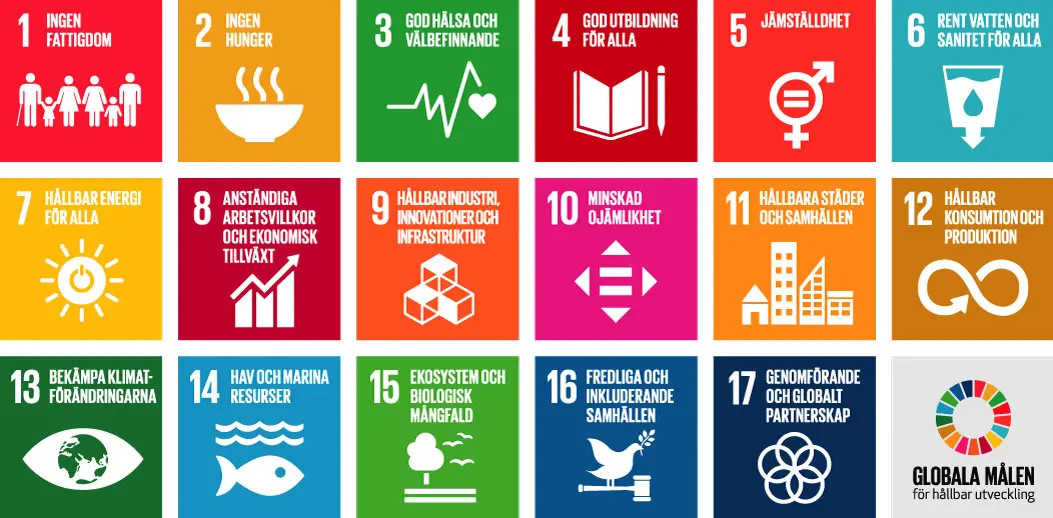Master Programme in Decision, Risk and Policy Analysis 60 cr
We as people have great limitations as decision-makers. Often, decisions are made under great uncertainty and many factors influence the process.
Credits
60 cr
Application code
HIG-19103
Application deadline
april 15, 2024
Form of education
Distance learning
Language
Swedish
Study time
september 2, 2024–juni 7, 2026
Prerequisites
Qualified for the master's programme are those who have a first-cycle qualification of at least 180 HE credits or equivalent foreign higher education qualification.
General requirements in Swedish and English from upper secondary school
Selection
Higher education credit
About the programme
In all sectors of the society, it is necessary to handle complicated decision problems, to discover and assess the size of different kinds of risks and to design adequate policies for different activities. Today, there are scientific results and methods which are useful in these contexts, and there is a rapid development of software with the purpose of facilitating the management of complicated social problems. Examples are programs for knowledge representation in planning, simulation as the basis of prognosis and different forms of decision support and expert systems.
The programme is given on distance, in Swedish.
Degree
Degree of Master (60 cr)
Fields within the programme Year 1
Strengthen your decision-making ability
Decision, risk and policy analysis is a part-time distance programme which teaches you to handle complicated decision-making problems, detect and assess the magnitude of risks and design policies with ease. Scientific methods and results can be used to make decisions and assess risks, at the same time as computer programs are rapidly developed in order to handle complicated problems.
Apply the theory in practice
The education has a theoretical basis in decision theory, measure and value theory and cognitive psychology. These theoretical parts are applied in concrete approaches to problems obtained from local and regional authorities. These may relate to procurement considerations, budgetary work or diagnosis and prioritization within healthcare. The objective is to provide you with the knowledge and practical skills to facilitate the making of complicated decisions.
Problems from your professional role are integrated in the education
During the education you can choose a project or an approach to a problem which connects to your previous or current activity. The objective of the programme is to provide you with the knowledge and practical skills which facilitate the making of complicated decisions within business, administration and healthcare. You can also utilize the education for analysing, assessing and remedying risks as well as for designing policies.
Utbildningen och FN:s globala mål

Läs mer om hur utbildningen är kopplad till FN:s globala mål
FN:s globala mål kan innebära intressekonflikter, under utbildningen lär du dig olika sätt att hantera dessa intressekonflikter. Komplexa begrepp som hållbar utveckling och hållbarhet förekommer i beslutsunderlag och policyer av vitt skilda slag. Det är därför viktigt att förstå vad som menas med hållbarhet och att kunna analysera funktion och mening hos denna typ av begrepp.
Målkonflikter i hållbarhetsarbetet
Hållbar utveckling rymmer ofta målkonflikter där det som är hållbart i ett avseende inte behöver vara det i ett annat avseende. Utbildningsprogrammet tar upp flera metoder för hantering av målkonflikter.
Forskning om beslutsfattande
Utbildningsprogrammet behandlar metoder för hur konsekvenser av beslut kan värderas. Exempelvis ger beslut kring stora byggnads- och infrastrukturprojekt, som byggnation av vindkraftsparker, konsekvenser både lokalt och globalt vilket kräver att värderingar av dessa konsekvenser görs. Inom ämnesgruppen pågår bland annat forskning om beslutsfattande i samband med lokalisering av vindkraft. Ett annat forskningsprojekt handlar om hur människors ställningstaganden för att minska sina koldioxidutsläpp kan påverkas av inre och yttre faktorer.
Nyckeltal, index och sammanfattningsmått
För att mäta framgångar i arbetet med de globala målen används ett stort antal nyckeltal och indikatorer. De olika måtten används ofta för olika rangordningar och som underlag för det fortsatta arbetet. I utbildningsprogrammet tillämpas, problematiseras och diskuteras olika mätmetoder och sammanvägningar av flera olika mått.
This page was last updated 2024-04-26
